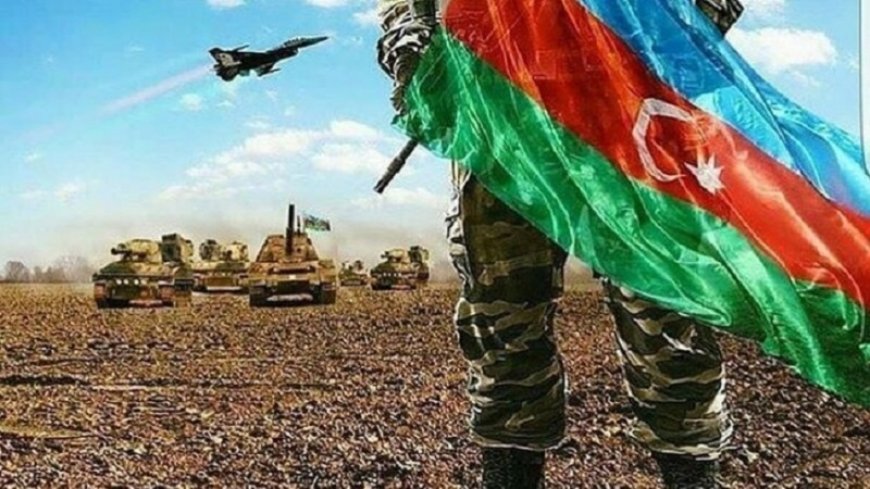Tensions on the Armenian-Azerbaijani border may increase in the second half of the year
Armenian Prime Minister Nikol Pashinyan's statements regarding two unagreed articles in the draft peace treaty with Azerbaijan underscore the fact that although the signing of a peace treaty is theoretically close, issues related to border demarcation may delay the signing of a peace treaty in the near future, noted the Stratfor analytical center.

Armenian Prime Minister Nikol Pashinyan's statements regarding two unagreed articles in the draft peace treaty with Azerbaijan underscore the fact that although the signing of a peace treaty is theoretically close, issues related to border demarcation may delay the signing of a peace treaty in the near future, noted the Stratfor analytical center.
Moreover, according to the analytical center, tension on the Armenian-Azerbaijani border may increase in the second half of the year if the demarcation process is suspended.
But the risk of a major escalation in the near future, according to the analytical center, will remain quite low.
As Stratfor noted, the parties could also use disagreements over issues not covered by the peace agreement, such as “the issue of a corridor in the region or constitutional amendments,” as a reason to delay the process.
Armenian Prime Minister Nikol Pashinyan noted at a press conference on January 31 that there is nothing new regarding the "peace agreement" and that 15 of the 17 points of the draft have been agreed upon.
"There are two points that are not agreed upon, and Armenia has proposed solutions for both. One of them concerns the non-deployment of forces of third countries along the border. We propose to apply this to the border, to the demarcated territories.
There is also the topic of withdrawing legal disputes from international instances, which under certain circumstances and conditions may be acceptable for us, in the sense that we are not only removing something from international bodies, but also completely abandoning these disputes."
Otherwise, a situation may arise where we have withdrawn an issue and Azerbaijan has withdrawn its demands, meaning we have agreed not to submit it for discussion in international bodies, but in the next stage, Azerbaijan will put those issues on the table of bilateral relations, and there may be a flare-up around that.
"In this case, we will already be closing our way to managing the risk of this escalation and using international platforms," Pashinyan said.













































